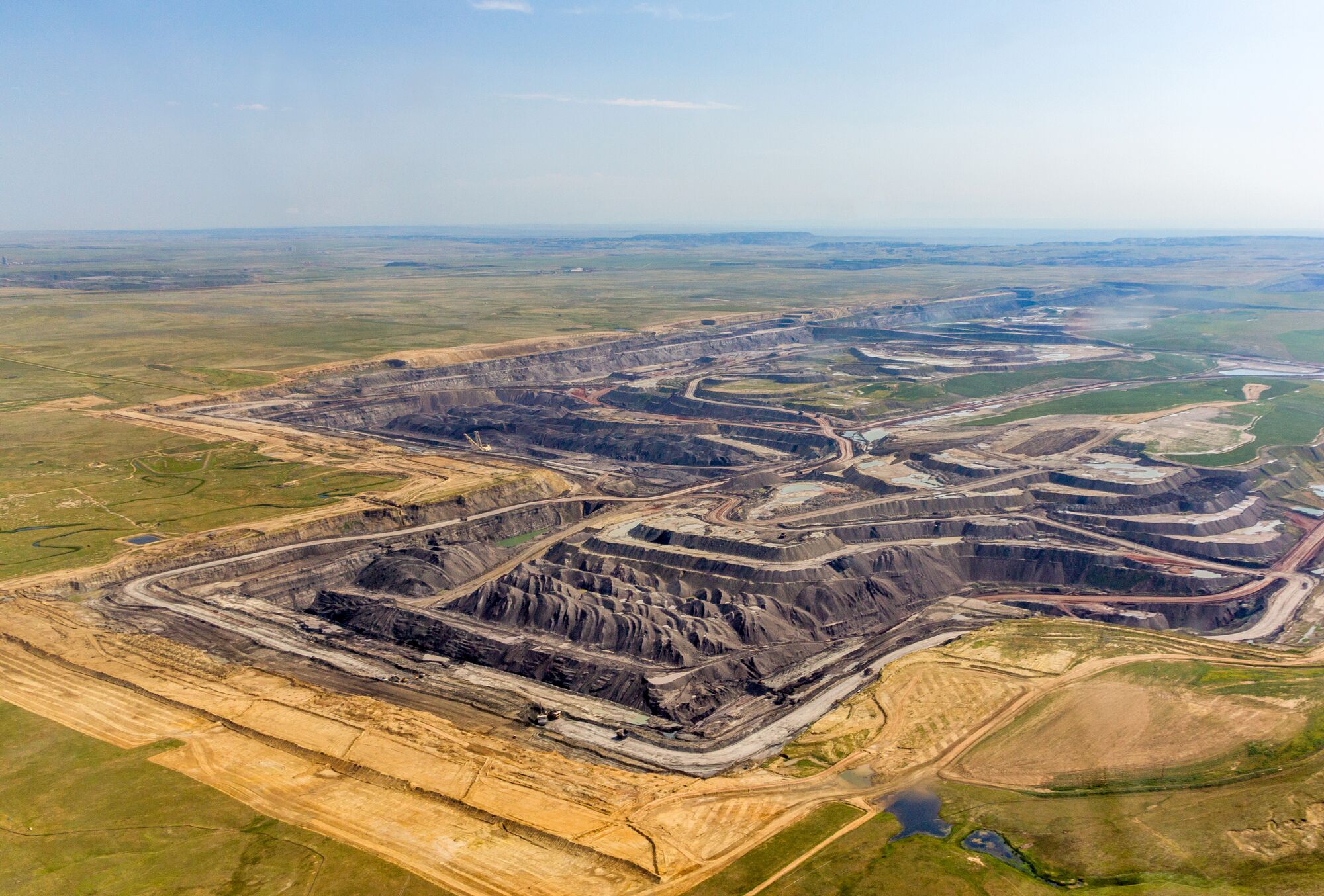Earthjustice goes to court for our planet.
We’re here because the earth needs a good lawyer.
Coal Mining Winding Down in the Nation’s Largest Coal-Producing Region
This page was published a year ago. Find the latest on Earthjustice’s work.
What happened: The Biden administration recently announced that it will end coal leasing in the Powder River Basin in Montana and Wyoming. The area is the largest coal-producing region in the United States. More than 43% of all coal produced in the U.S., and more than 85% of all federal coal, comes from the Powder River Basin. The decision will keep billions of tons of highly polluting coal in the ground.
The Biden administration’s decision is a direct result of Earthjustice litigation that resulted in a federal judge forcing the Bureau of Land Management (BLM) to redo its environmental analysis for coal mining plans in Powder River Basin.
Why it matters: The decision represents a historic shift in federal management of coal in the region. It recognizes that the market has moved away from coal as an electricity source as states and energy-consuming companies seek out cleaner and more affordable energy sources.
“This is a monumental decision that will save lives, safeguard our environment, and significantly cut carbon emissions in the United States,” says Drew Caputo, Earthjustice’s vice president of litigation for lands, wildlife, and oceans. “For years, conservation groups have litigated to get to this point – arguing that the federal government cannot simply lease away our public lands to coal companies while ignoring the impacts to public health. We are grateful that the Biden administration has shown the courage to end coal leasing in the Powder River Basin.”
How Earthjustice played a role in the decision
- We sued for a better environmental analysis: Earthjustice sued the Bureau of Land Management (BLM) under President Trump for failing to address the public health consequences of mining coal in the Powder River Basin region. A federal judge agreed with us, forcing the BLM to redo its environmental analysis.
- The new result? No future coal leasing. In its final environmental impact statement, the BLM found there would be significant impacts to our climate, human health, and the environment from continuing to lease the Powder River Basin’s coal. It selected a “no future coal leasing alternative” through which existing mines can develop already-leased reserves but cannot expand with publicly-owned coal reserves.
- A long-fought battle: Earthjustice has argued in court for years that federal land managers must consider the public health and climate impacts of leasing our lands for fossil fuels. This decision, by the agency overseeing the most public land, moves us in the right direction.
The end is in sight for dirty coal mining
- Coal production has already fallen sharply this year following a mild winter and increased competition from other energy sources. This tracks with a downward trajectory for coal since peak regional production in 2008.
- The end of a polluting era? The BLM’s decision follows numerous company bankruptcies and coal mine closure announcements, and currently only a handful of coal lease applications are pending in the region – all of which have been delayed for years based on company requests.
Moving toward a healthier, cleaner future
- The consequences of coal mining are clear: Coal mines and power plants destroy vital water sources with toxic chemicals and poison our air. And with coal accounting for nearly 60% of CO2 emissions from the energy sector, we know that mining coal is incompatible with the urgent action required to fight climate change.
- A win for public health and climate: The Biden administration’s decision is a groundbreaking step toward finally leaving coal in the past and transitioning to a 100% clean energy future.
